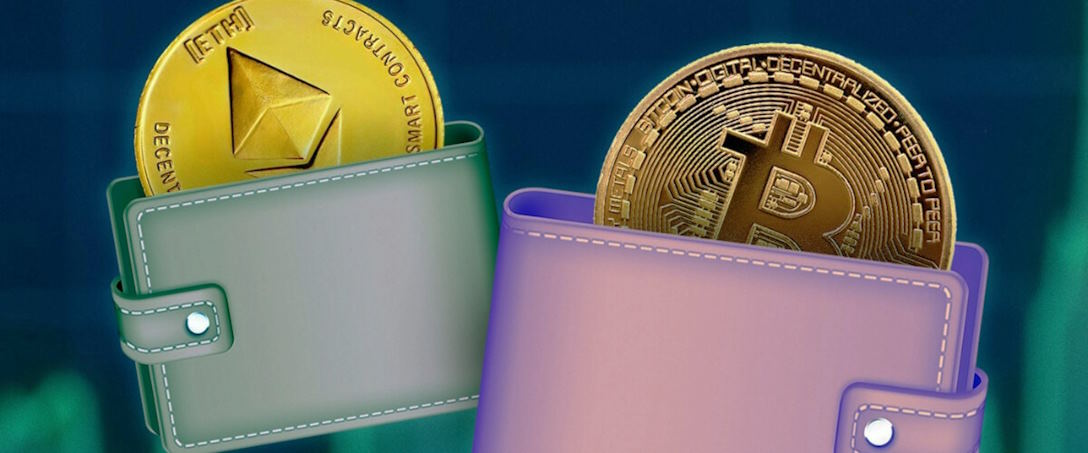It’s not a secret that wallets play a crucial role in keeping your digital money safe. They act like protectors of your financial independence, so checking their security carefully is important. We are going to consider a new and improved way of making sure your money stays secure in the digital world – multi-signature wallets.
In what way do multi-signature wallets work?
Such wallets operate by necessitating the approval of more than one private key to execute a transaction. Unlike traditional wallets that rely on a single key for access, multi-signature wallets use a combination of keys to enhance security.
Multiple private keys are generated to create a multi-signature wallet, each corresponding to different users or devices. The wallet is configured to require a specific number of signatures for transaction approval. For instance, a 2-of-3 multi-signature wallet mandates two of three private keys to authorize a transaction.
When a user initiates a transaction, the wallet software generates a proposal that the predetermined number of private keys must approve. Each keyholder then signs the transaction using their key. The transaction is only authorized and completed when the required number of signatures is provided, ensuring a collaborative approach to security.

Why do a lot of people prefer this option?
Multi-signature wallets are generally considered safer compared to traditional single-signature wallets, and their enhanced security features make them a preferred choice for many users.
Multi-signature wallets significantly enhance security by mitigating the risks associated with a single point of failure. Even if one private key is compromised, the transaction cannot proceed without the necessary number of signatures. This security model is particularly valuable in joint accounts, business scenarios, and situations where protection against single points of compromise is essential.
Besides, the flexibility of multi-signature setups allows users to customize the complexity according to their needs. Recovery mechanisms are often incorporated to address situations where a private key is lost or inaccessible, ensuring ongoing access to funds.
In conclusion, multi-signature wallets are generally considered safer due to their collaborative and distributed security model, making them a robust choice for individuals, and companies seeking advanced protection for their digital assets.




